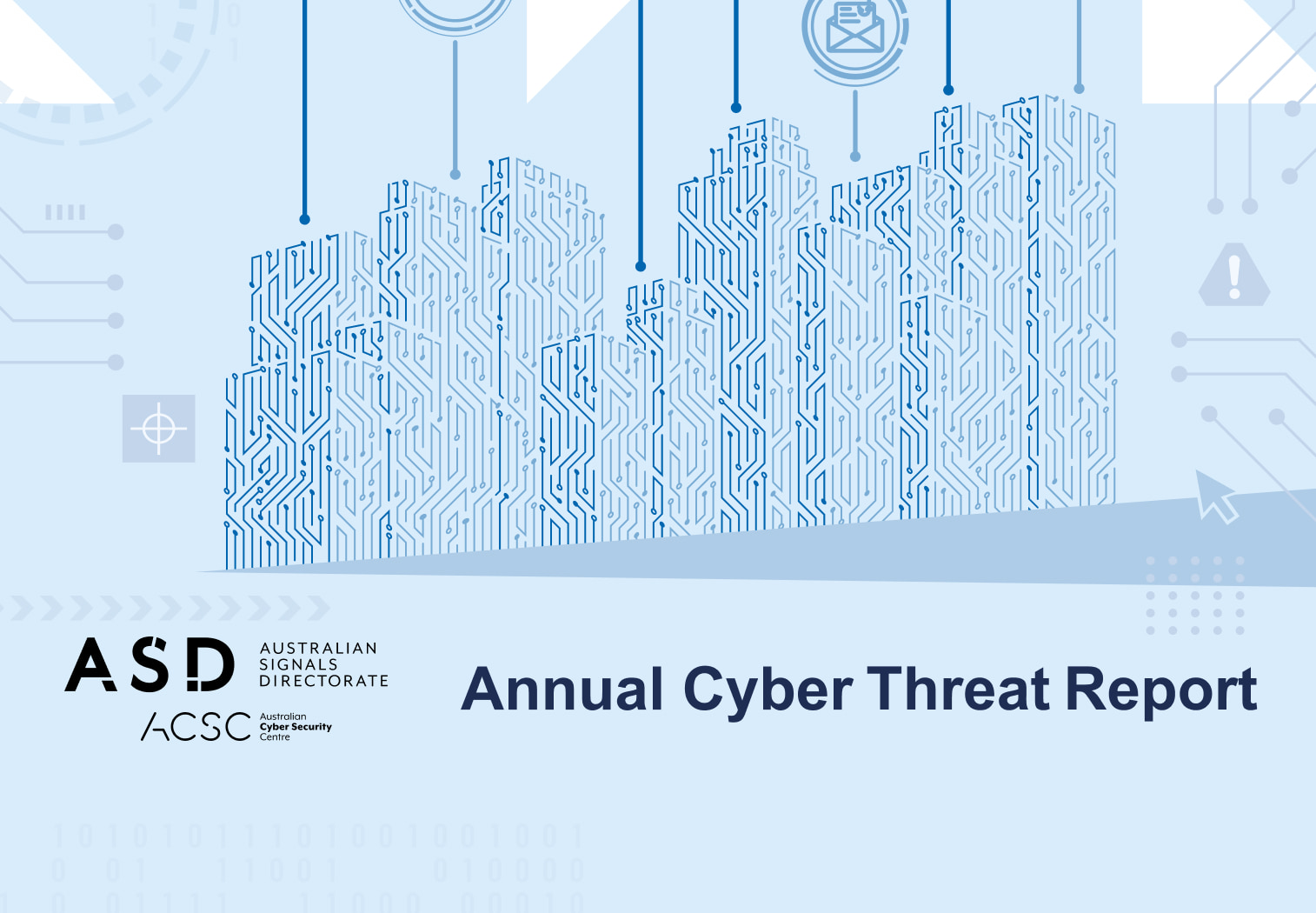Phishing tests for
employees
Designed for the Australian digital landscape. We want to help your organisation stay ahead of the growing cyber threats by identifying hidden vulnerabilities and boost your employees’ security awareness in-line with the Australian government’s Essential 8.
TechBrain’s phishing training and simulated attack service does more than just detect weaknesses; it gives your team the knowledge and skills to counteract the evolving cyber-attacks.
By simulating real-world phishing scenarios, we reveal where extra training is needed and help you stay one step ahead of the cyber criminals.
Our training protects not only your business but also your people and the sensitive information they handle every day. By building a strong phishing awareness foundation we safeguard your organisation from the damage of social engineering attacks.
Start this cornerstone cyber security component with TechBrain and fortify your organisation’s defences against the ever present and ever-changing cyber threats.
Together we’ll build a human firewall and create a secure, resilient and thriving digital future for your business.






